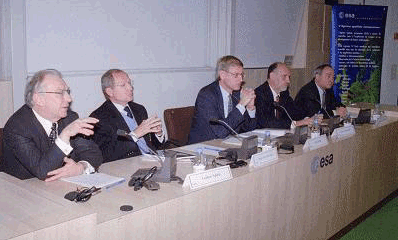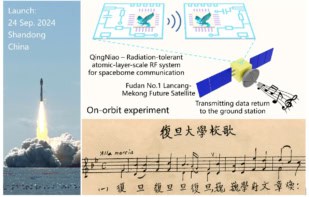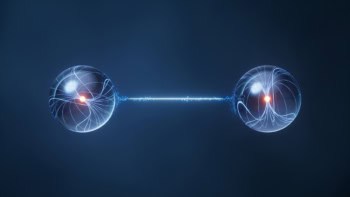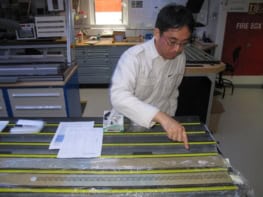The European Space Agency must play a central role in the future development of all economic, defence and environmental policies in the European Union. That is the core recommendation made today by the independent committee of 'three wise men' appointed by the ESA to advise on the organization's future.

ESA’s director general Antonio Rodotà appointed the committee in March 2000. Carl Bildt, former Swedish Prime Minister and UN Envoy to the Balkans, Jean Peyrelevade, President of Crédit-Lyonnaisse, and Lothar Späth, CEO of German laser and optics company Jenoptik, were chosen to represent political, economic and industrial interests. The committee compares the annual US investment in space-based technology of $26 bn with a European spend of $1.4 bn, reflecting poor recognition in Europe of the potential of space science.
The committee highlights the necessity for a European space policy that reflects the importance of space science as EU countries head towards closer integration. Space science is vital to growth areas like telecommunications that will underpin a successful European knowledge-based economy. Similarly, any common European defence policy will rely heavily on space technology such as surveillance. Meteorology is also a crucial service for government, business and the public, and earth observation is a key component of environmental monitoring.
Bildt, Peyrelevade and Späth also recommend the establishment of a forum to encourage communication between the space sector and the business community. The forum would allow entrepreneurs to exploit existing space science for commercial applications. Global positioning satellite (GPS) technology is a prime example of a military technology that has found new applications in traffic monitoring, civil navigation, sports and leisure.
Europe’s space programme currently depends on a number of non-European systems, a situation the committee believes is unsatisfactory. However, the report suggests that Europe would benefit from closer ties with Russia. Most importantly, according to the advisory team, dialogue must begin now to ensure that Europe’s policies fully exploit space science to secure peace and prosperity in the European Union.



